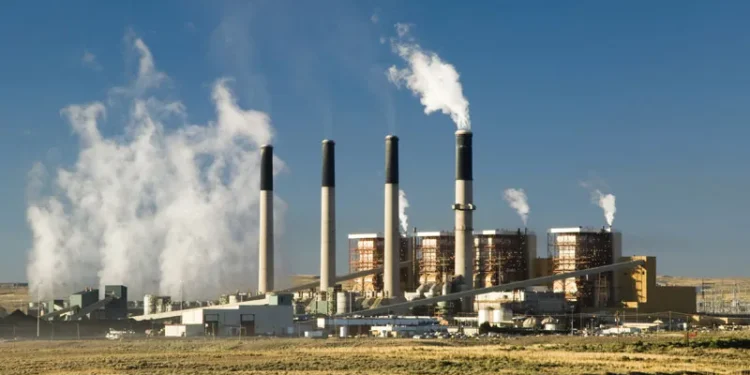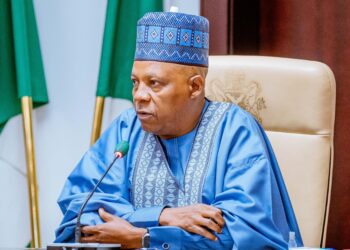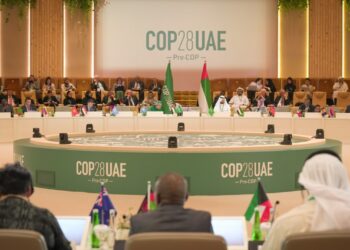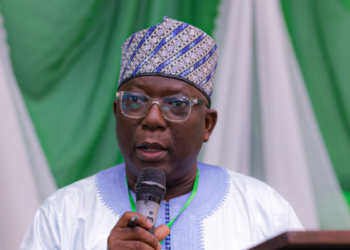For the first time, the Conference of Parties (COP28) has a consensus to move away from fossil fuels.
On Wednesday, December 13, a new deal was agreed at the UN climate summit (Conference of Parties 28) in Dubai after days of negotiations, which calls on all countries to move away from the use of fossil fuels – but not to phase them out, something many governments and environmentalists wanted.
As COP28 ends, the final text recognizes the need for deep, rapid, and sustained reductions if humanity is to limit temperature rises to 1.5C. With an unprecedented reference to transitioning away from all fossil fuels, The UAE Consensus is delivering a paradigm shift that has the potential to redefine global economies.
COP28 president Sultan Ahmed Al-Jaber said:
- “Together we have confronted realities and we have set the world in the right direction. We delivered world first after world. A global goal is to triple renewables and double energy efficiency—declarations on agriculture, food, and health. Many more oil and gas companies are stepping up for the first time on methane and emissions. And we have language on fossil fuels in our final agreement for the first time.”
Although the final text allows for continuous responsible exploration of fossil fuels, it lacks a clear direction for climate finance – an area where developing countries like Nigeria should be most interested in, as the country and indeed the African continent is unable to address climate issues and challenges and prepare to reduce and eventually eliminate its reliance on fossil fuels before 2050, without adequate climate finance from developed countries.
This position has been recorded by several climate crusaders, like Brandon Wu, the head of international climate justice at Action Aid USA, who noted that climate finance from developed countries must happen and would have made the final text stronger than it currently is.
Note that these developed countries are mostly responsible for the climate crisis the world has found itself in today, unlike Africa which is a mere 3% contributor to global carbon emissions and is largely currently unindustrialized.
The Nigerian context
Over the weekend, the Nigerian delegation noted that the country will keep using fossil fuels (oil and gas), despite its commitment to reducing carbon emissions in the country.
Nairametrics reported on Sunday, December 10, that Salisu Dahiru, the Director General of the National Climate Council, told attendees that Nigeria will not stop using fossil fuels.
According to him, Nigerian delegates are going to ensure that the country is not shortchanged in any way while stating emphatically that the country will keep exploiting its oil and gas resources.
He said the country’s economic growth is dependent on the expansion of its fossil fuel use. He stated:
“We are concerned about the phase out of fossil fuels which is against Nigeria’s position and Africa’s position, and we are trying to see how that can be reflected in the COP itself.”
Note that the Organization of Petroleum Exporting Countries (OPEC) had urged its member countries to reject calls for fossil fuel phase-out at COP28.























